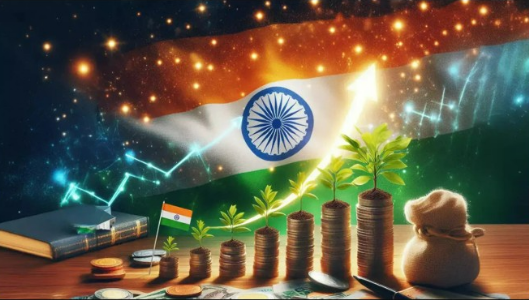Ripples A Reflection On Dattopant Thengadi's Third Way - Part 12
Dattopant refers to writings of Hieu-En-Tsang which has, for example, a detailed description of how state and vaishya communities established charity homes for the poor, aged, destitute and all the other people who needed assistance.
Total Views | 146
I have been reflecting in my own way on Dattopant Thengadi Ji's Third Way. I present these small "ripples" that it has caused in my mind in a series. I am glad it has found its resonance in many thinking minds alike. I hope the readers have read the earlier article in the series before moving ahead.
Bringing change in the socio-economic system was taken care of by our sages. The system and the thinking of sages could cover all the aspects of the changing needs and the challenges. Many things are documented in various books (maybe they are scattered) and foreign tourists too noted this. It is reflected in the writings of many tourists. The systems were dynamic and ever-evolving with the changing time.
Dattopant refers to writings of Hieu-En-Tsang which has, for example, a detailed description of how state and vaishya communities established charity homes for the poor, aged, destitute, and all the other people who needed assistance. He refers to Kautilya and Mahabharata too which have some guidelines given for the financial assistance to be given to people in need and distress.( A detailed description of all types of categories that need help is given. It reflects minute observation and understanding of societal problems.) The role of the state and its role in providing security to workers and artisans are explained in Vasistha smriti.
Nothing was allowed to suppress individual freedom and space for the growth of everyone's personality. Every aspect was well thought of.
Arthashastra ( economics as a science) is defined by Kautilya as a ' branch of knowledge which deals with acquisition and preservation of dominions'. The treatise is available. Dattopant states that the' cost of production, the degree of utility and availability as the traditional basis of Hindu price policy. The author of the book ( Dr M G Bokare -- Hindu Economics) insists that the cost of the production of every industrial or agricultural product ought to be declared by all countries as everything is governed by cost of production ultimately. It should be made available to all.
Bharati Web







